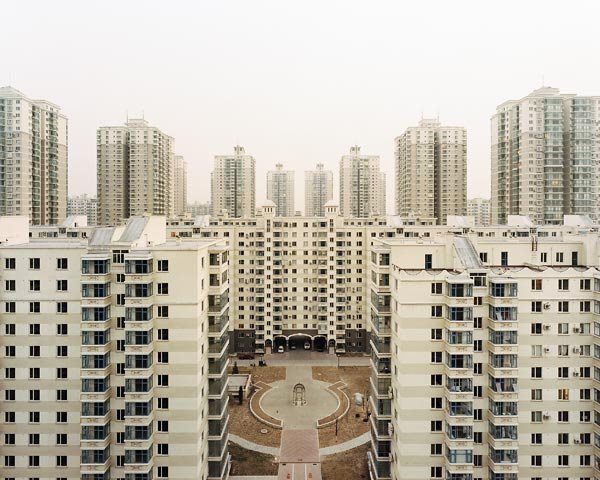 Greg Groggel is on an Olympian mission. The 23-year-old Thomas J. Watson fellow from Omaha, Nebraska has spent two months in each of the former host cities – including Mexico City, Munich, Sarajevo, Sydney, and Seoul – to study the social, economic and political impact of hosting the world’s largest event. Before he left Beijing in July – to return next year, of course – that’s Beijing caught up with the intrepid Olympic observer.
Greg Groggel is on an Olympian mission. The 23-year-old Thomas J. Watson fellow from Omaha, Nebraska has spent two months in each of the former host cities – including Mexico City, Munich, Sarajevo, Sydney, and Seoul – to study the social, economic and political impact of hosting the world’s largest event. Before he left Beijing in July – to return next year, of course – that’s Beijing caught up with the intrepid Olympic observer.
that’s Beijing: What makes Beijing’s Olympics so different from any other?
Greg Groggel: To understand this we need consider the similar Olympics: Tokyo [‘64] and Seoul [‘88]. First came economic dominance (but not global respect), then knowledge of these countries’ culture, politics and art. Beijing is hoping to use the Olympics to share something beyond economic power. That’s exactly what the other countries did too. That’s why there’s such a nationalistic element to these games. Think of Atlanta [in ‘96] – no one would call those America’s games, but these are China’s games, not Beijing’s games.
that’s: What do you make of the way that Beijing is changing in advance of the big event?
GG: All the projects happening now are happening because of the Olympics. That includes widening roads, adding subway lines – they’re giving a facelift to their entire city. And they’re being bold with their graphic and architectural design. The only comparison I can think of is Munich, with their Olympic stadium [the Olympia-stadion]. They opted for a very unconventional, very modern, iconic design. It was really controversial at the time … but it symbolized the country’s new direction. It is as architecturally relevant today as when it was built in the late ‘60s.
that’s: So much seems to be under control. What unexpected
issues do you foresee?
GG: People are starting to make the connection between the stadiums and the issue of migrant laborers. That’s going to be a pretty prominent issue that will come to the surface in the next year. There were street sweeps [in Atlanta], with homeless people kicked out of the city for two weeks. Cities get so overzealous that everything goes perfectly, they forget about the issue of how you treat their citizens.
that’s: What have your travels told you about the post-game scenarios?
GG: The best example is Sydney, which underwent a post-Olympic depression. You also had all these planners saying that there should have been a plan … how they were going to use the venues afterwards. The media started to give the venues the dreaded white elephant label. From what I’ve read and tried to ask, there’s not really an emphasis on post-Olympic planning [in Beijing]. Most of the energy is going into those two-and-a-half weeks.
that’s: Let’s be frank. How ready is Beijing?
GG: The city is behind linguistically. A lot of that is going to depend on the work of the volunteers who are coming in and the international visitors. And right now, Beijing isn’t really the global capital that they [the organizers] think it is … they’re not close to being done, though they talk a lot about how far ahead they are. Alex Pasternack

No comments:
Post a Comment